“She Is Our Pride and What Gave Us Strength”
How a family from rural Togo overcame superstition and fear to get their daughter the care she needed
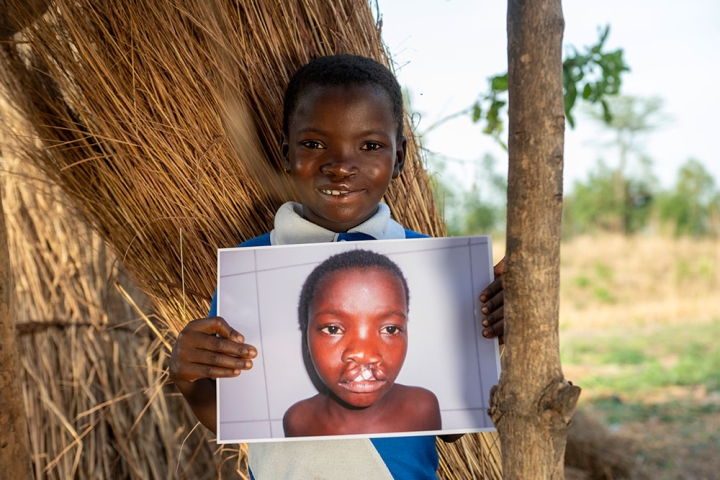
Travel just a few hours inland from the coastal cities of West Africa, and you’ll find people living in much the same way as they have for hundreds of years. Here, healthy livestock and access to water can be life or death.
When a child in one of these communities is born with a cleft, the stakes could not be higher. Besides exacerbating the sometimes-fatal difficulties eating and breathing babies with clefts everywhere suffer, these children are also more likely to be abandoned at birth or stigmatized for life for the way they look. And years of exploitation, mission trips, and half-finished philanthropic initiatives have left many understandably suspicious of modern healthcare.
It's places like these where Smile Train’s unique model truly shines. Because we work directly with local hospitals, our partner social workers have years to build relationships of trust with local governments, tribal chiefs, and religious leaders. Families are welcomed at our partner hospitals by professionals who speak their language and share their culture.
It makes all the difference for families like Rosa and Kossi’s. When their daughter Akuya was born with a cleft, they didn’t know that cleft treatment was possible and faced unbearable harassment from neighbors. To hear Rosa tell her story below (with occasional additions from Kossi) is to witness the life-changing difference community-based healthcare can make for babies, families, and even entire villages.
My pregnancy with Akuya was very difficult compared to my other two pregnancies. I suffered a lot. When I saw Akuya with a cleft, I was scared, and I did not know if I would be able to take care of her. My husband, Kossi, saw the cleft and took us right away to a hospital because he didn’t know what it was, either. The personnel there gave us an ointment to apply to her cleft, and we thought that would make it go away. But it didn’t.
When we came back from the hospital without any solution, I was a little puzzled as to why the doctors could not help me. So, I accepted Akuya the way she was because she is a human being and God gave her to me like this.
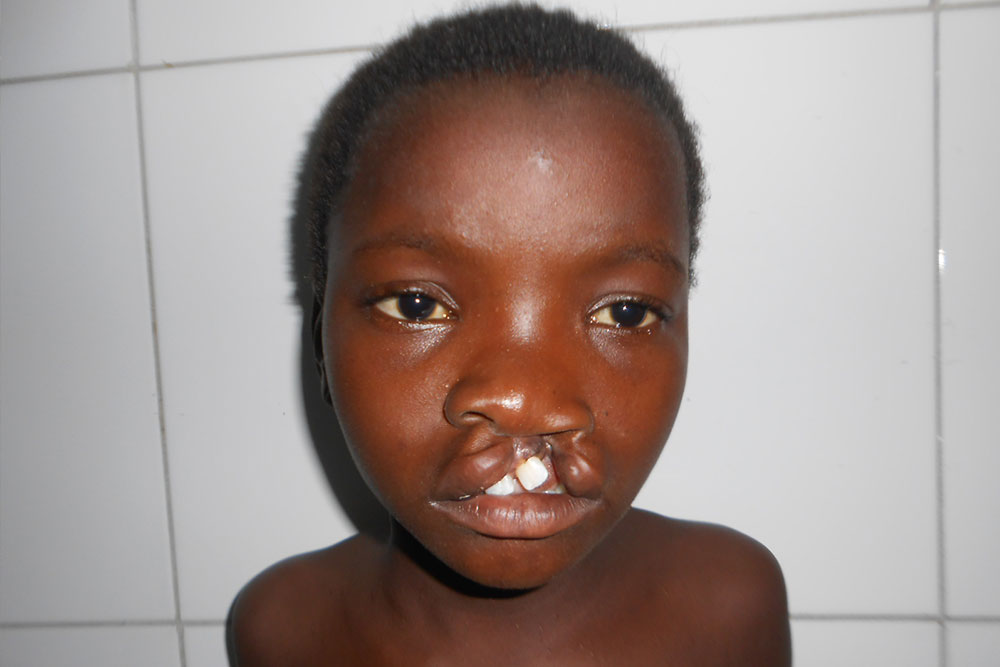
I love all my kids the same. However, I could not feed Akuya like my other two. She could not breastfeed. So, I had to express the milk into a cup; if she wanted water, I had to find a way for her to drink it because it kept spilling out of her mouth.
This is actually how we learned the truth about Akuya’s cleft. She fell ill often, so I had to take her to the hospital on regular basis. The nurses there supported me by telling me her cleft is a birth difference that can be healed and that I should remain strong and keep taking care of Akuya.
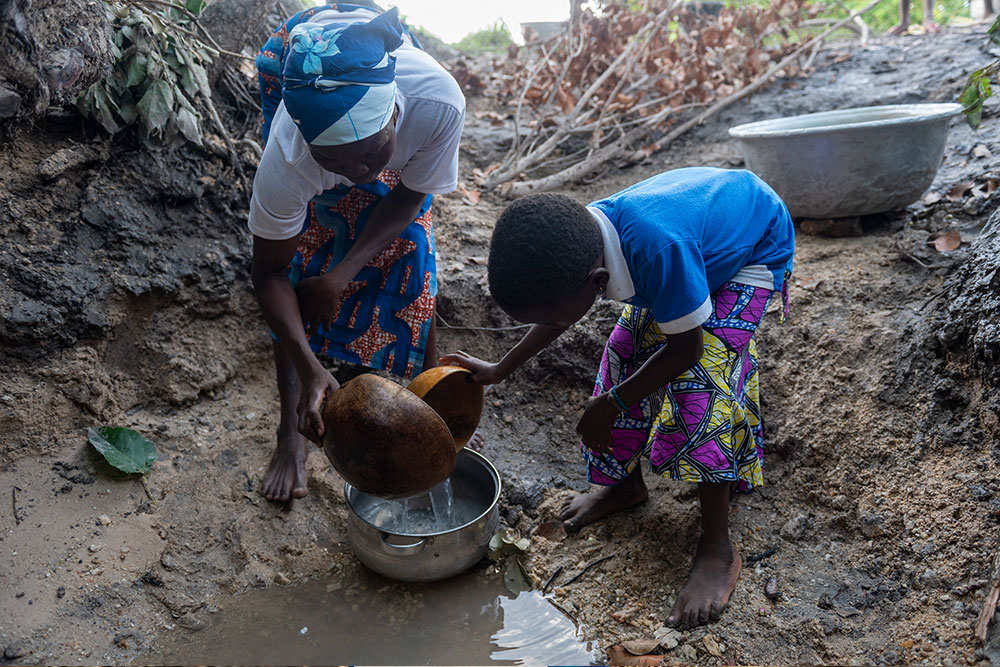
That was not easy. I could not fetch water at the stream, I could not go to the market for groceries without people staring and saying horrible things about my baby and her cleft. We decided to isolate ourselves from people because hearing those hurtful things used to affect me a lot.
Kossi: Usually, when a child is born in our community, people come to see the baby and give blessings and say nice things. But for Akuya, nobody wanted to hold her, nobody wanted to get close to her. Some people even advised us to throw her away, saying she is a bad omen or she is a witch and all that. We fought back. Whatever they called her, I said that is what she is to them, because no matter what she is, she still remains our child.
Rosa: Eventually, I had to ask my husband to take us away from our community because people kept talking about us all the time. This decision really affected us as a family — in our former community I had enough farming land, and we were economically viable; I had a lot of cattle and more revenue for my family. So, to move meant I had to sell everything at a loss and start from scratch. It has been very difficult to fend for my family.
After we moved, a social worker named Benoit Detou came to our neighborhood and told us Akuya could have her cleft completely healed for free. However, the world nowadays is so difficult; there are few people who give things for free, so we were very skeptical. My husband and I thought we’d rather have her the way she is than lose her, because there are situations where people sacrifice children or do all kinds of bad things. So, I did not believe Benoit and resisted.
But Benoit did not give up. He enlisted the village head to help convince us, then my sister-in-law, then even the mayor himself until we finally accepted.
When we got to the hospital, it was a completely new environment for us. It kind of felt awkward at the beginning, but the doctors and the team supported, reassured, and guided us during every step of the buildup to the procedure. They even provided us with food and everything that we needed. We were in a hurry to get it done, but the team told us to be patient. They gave us an outstanding experience. We are grateful to them.
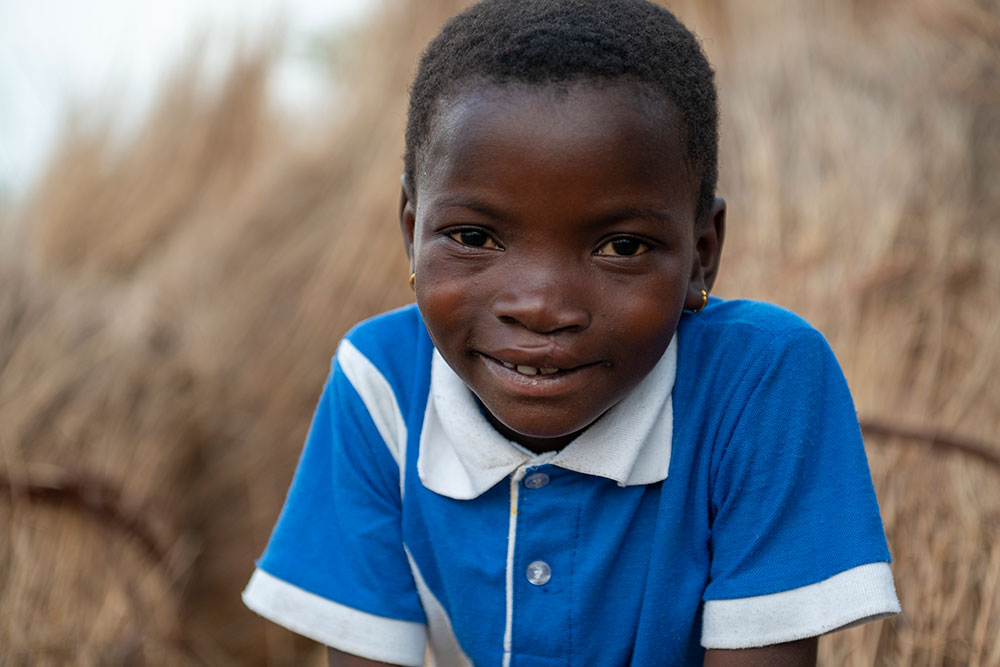
It was quite a quick surgery, and Akuya was a transformed person. I don’t have words to express how happy I was at that moment. I was overwhelmed with joy to see the change.
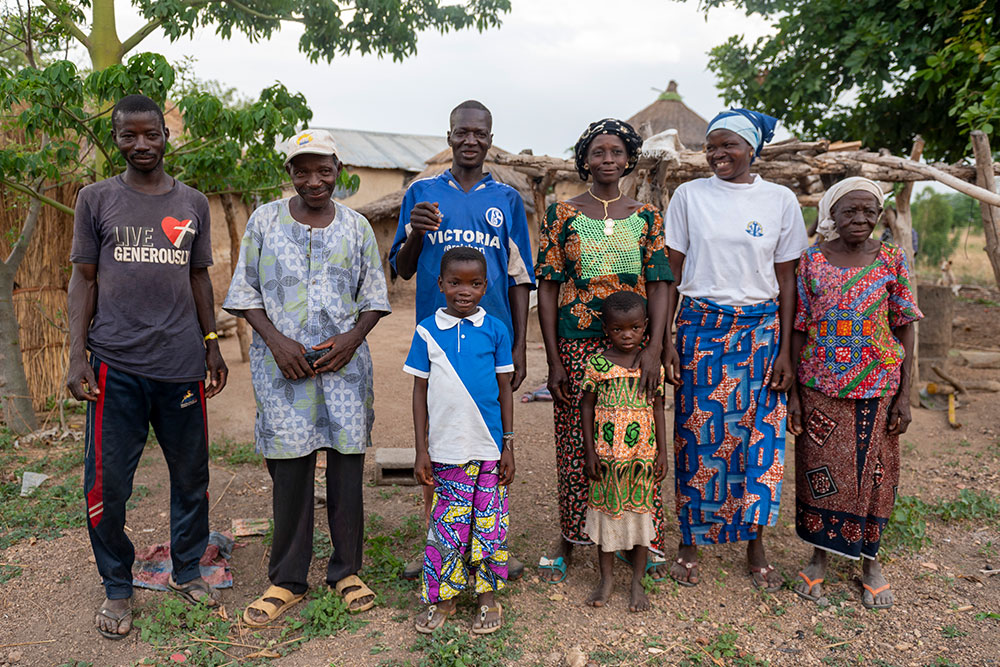
Our neighbors had not believed that her cleft could be healed, and when we came back from the hospital, they were so happy! People came with gifts to thank us for having the courage to decide to do the surgery and to celebrate Akuya’s good health.
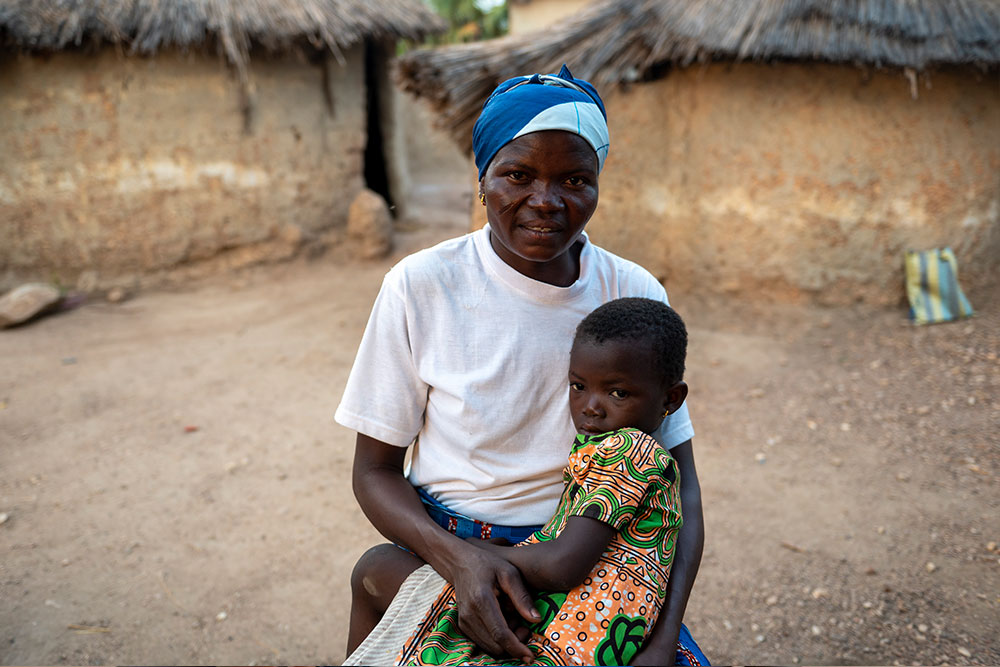
Now, if I meet any family that has a child with a cleft, I will tell them my story so they have the right information and know that there are people who are ready to help. If possible, I would even introduce them to Benoit so that he can take them to their nearest Smile Train partner and experience the joy of seeing their child healthy.
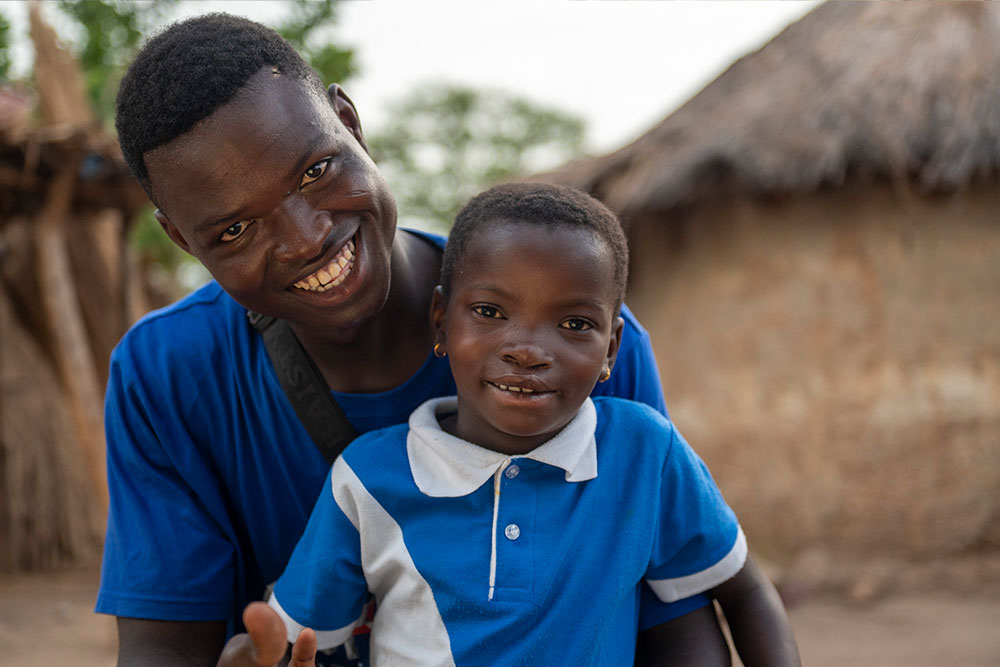
Kossi: Our wish for Akuya is that she goes to school as far as she wants and that she becomes successful in life, and I will do everything to support her in this journey. This will not be easy, because she has to cross a river to get to school each day, and when it rains, she often can’t make it at all, and other times, an adult has to help her cross.
Gallery
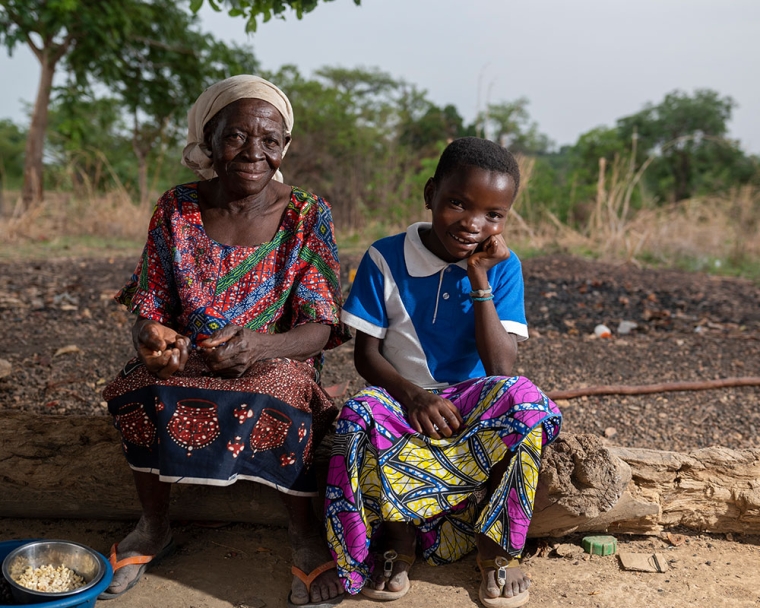
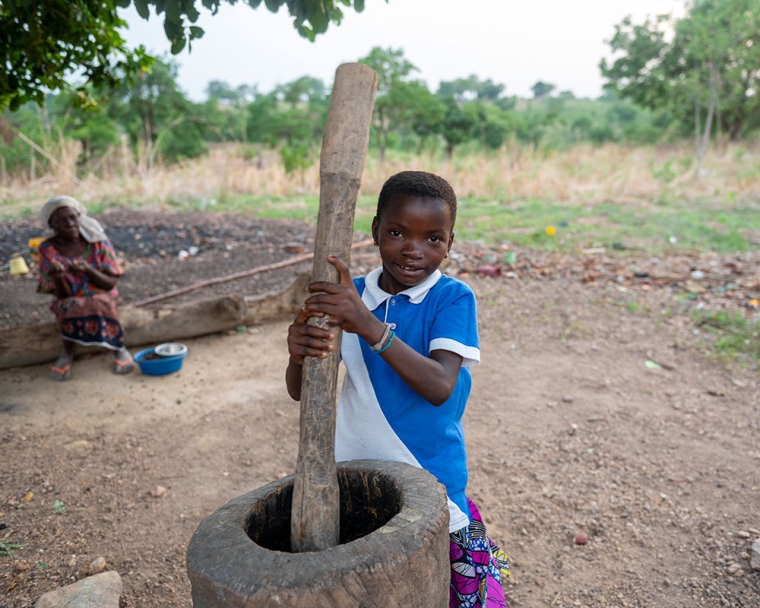
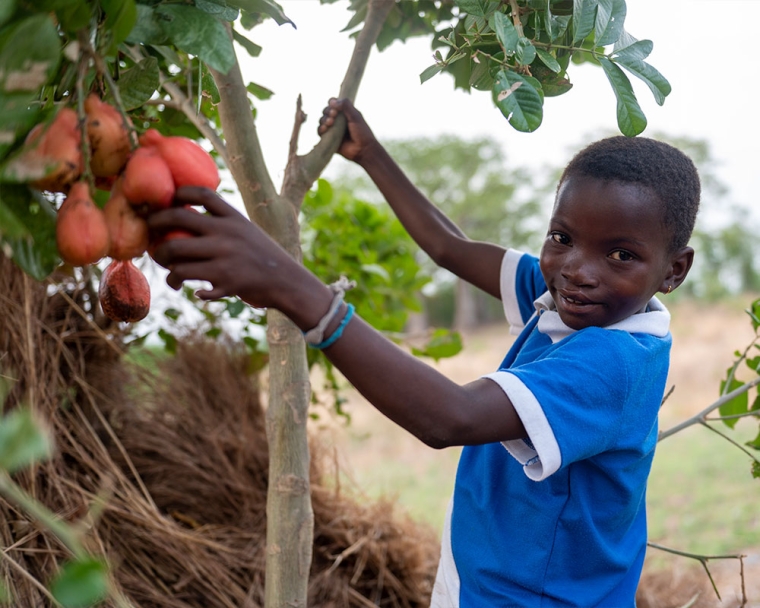
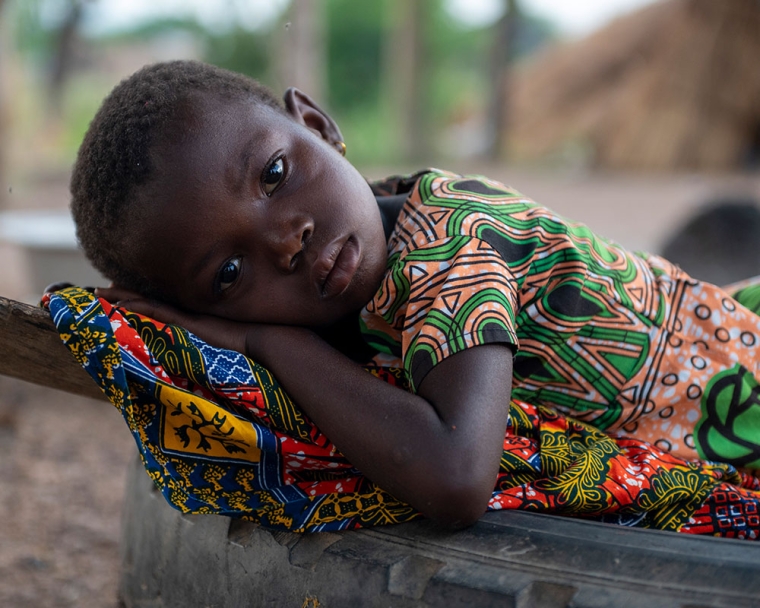
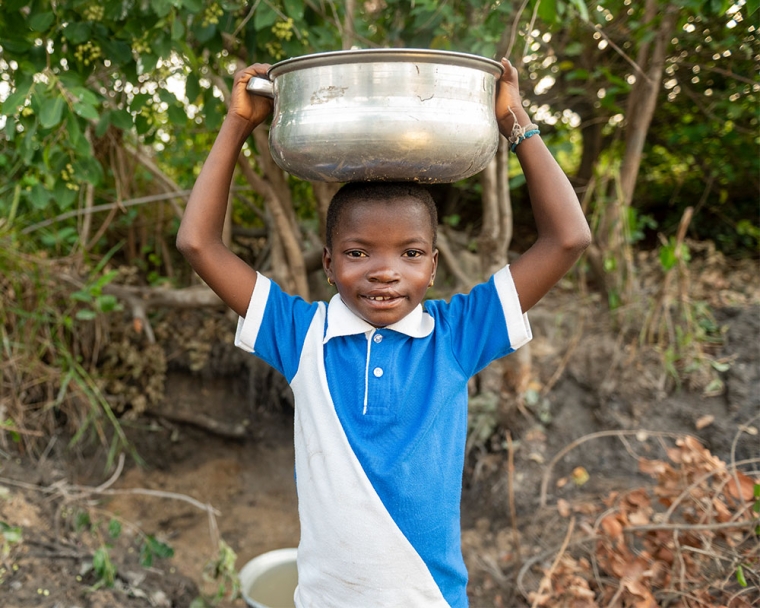
So yes, she still has many barriers in life, but a cleft is no longer one of them, and for that we are endlessly grateful. I pray the education she gets will make her remember where she comes from and her journey to good health. I hope she remembers that her life was saved by the kindness of strangers so that she will also help other people. That will be my pride and what gives me strength.
Help us fight rumors, save lives, and empower community health workers in Africa and around the world.
